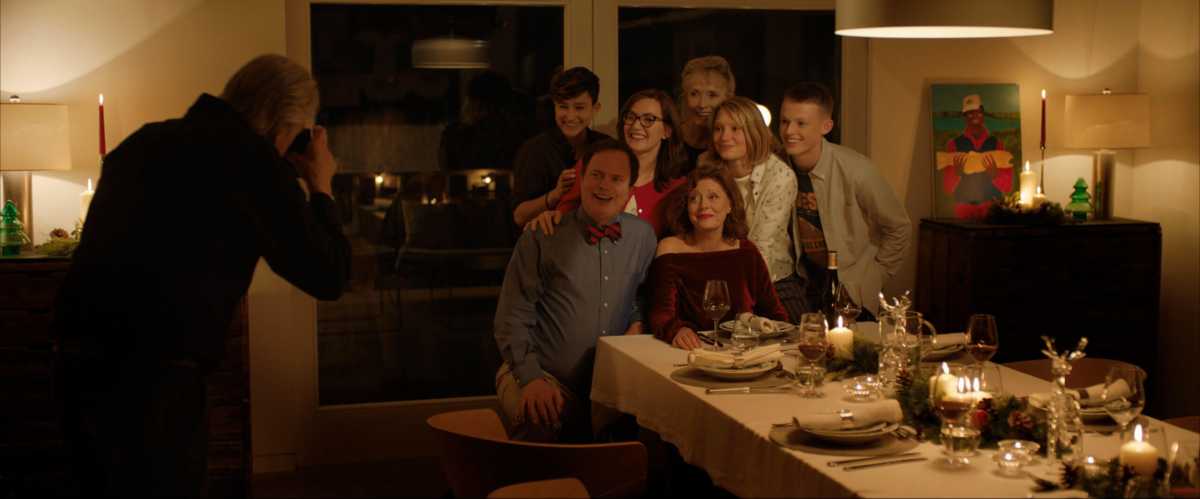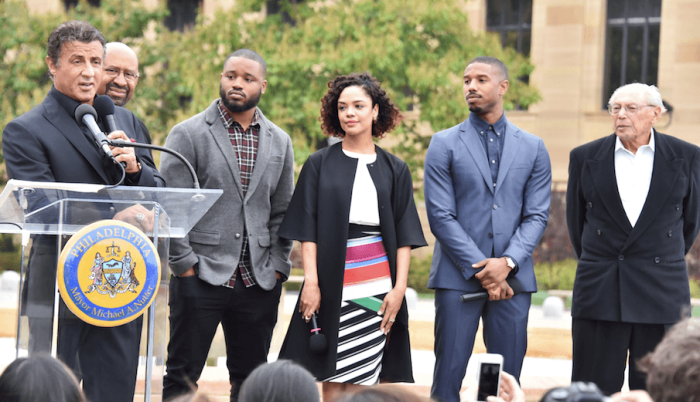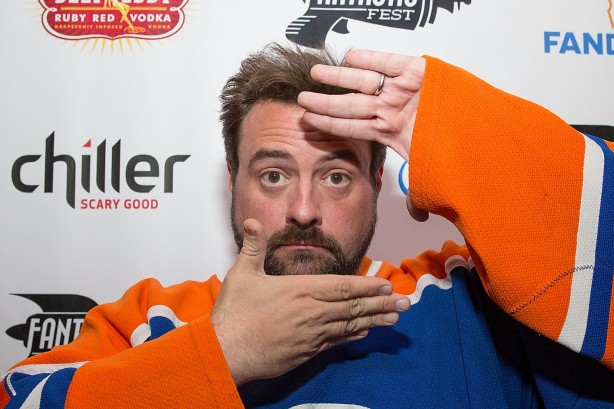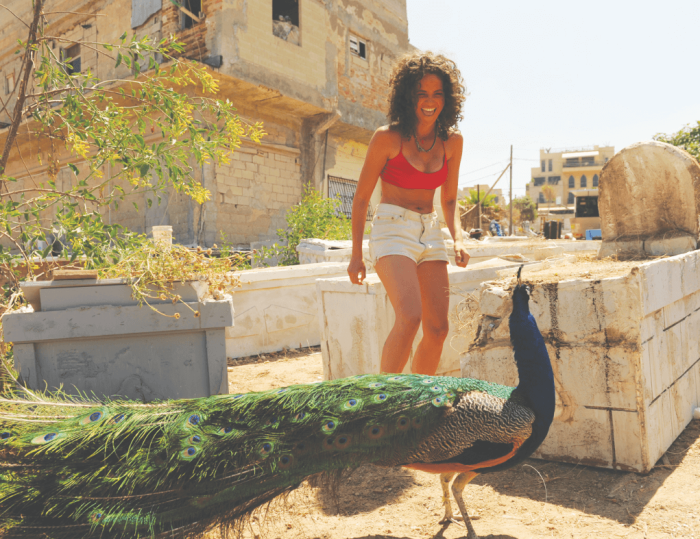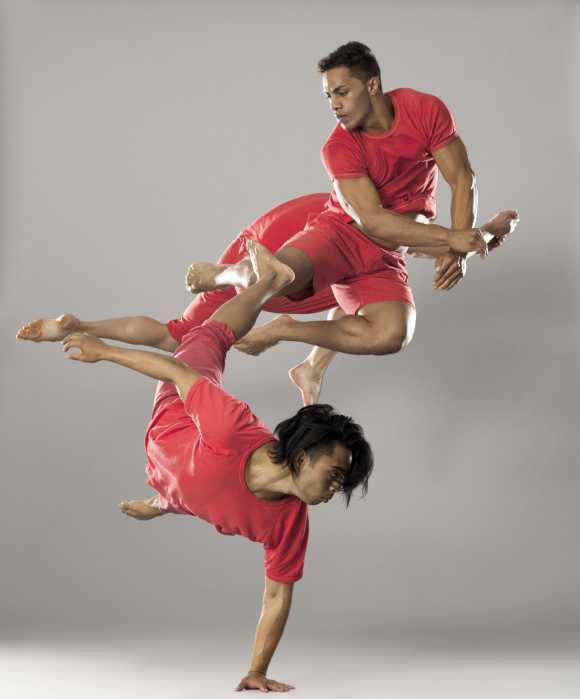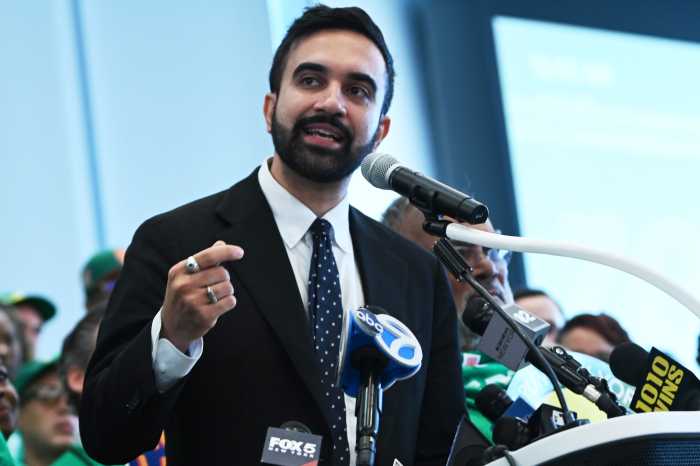Family is with you until the day you die—or in director Roger Michell’s latest film, until the day you plan to die.”Blackbird” follows one matriarch, Lily (Susan Sarandon) who after suffering a battle with ALS has decided to take her own life. But first, she wants the whole family together for one weekend before she does the deed (otherwise known as euthanasia.) The family has its own set of problems on top of the impending death of their mother, and those cracks and flaws can’t help but come out throughout the duration of the film. Sisters Jennifer (Kate Winslet) and Anna (Mia Masikowska) have their own combative dynamic, which starts off as polite but crescendos as the film goes on, and there’s also Jennifer’s very vanilla husband (Rainn Wilson), somewhat troubled son (Anson Boon) and stoic but strong doctor father (Sam Neil) that are thrown into the mix. To add to the already interesting mix of dynamics is also Anna’s somewhat on again off again girlfriend (Bex Taylor-Klaus) and an “uncomfortably close” family friend (Lindsay Duncan.)
Although the film surrounds the subject of death at its core, it still showcases the inevitable laughs that come out of even the most intense moments, and how those familial dynamics can be explored when all thrown under one roof for an extended period of time. Michell sat down with Metro to discuss more on how ‘Blackbird’ although surrounding death, still teaches us more about life.
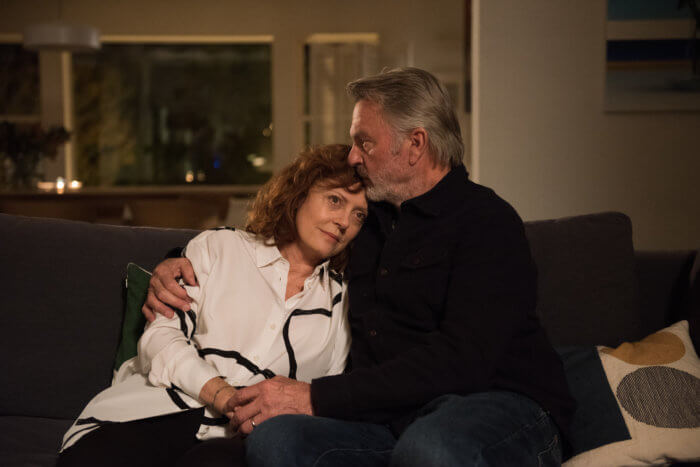
When you first read the screenplay, what was it about this story that made you want to sign on and direct?
It wasn’t so much that it was a film about euthanasia, which isn’t a subject that I was particularly interested in—I became more interested, [but] I think I became attracted to it because it was this brilliant anatomization of a family, and the euthanasia story is a way to un-peel this family over this one weekend. I liked the kind of unity of the whole thing taking place over three days in one house with eight actors—it appealed to me, the discipline of that and the challenge of that. It reminded me a little bit of an Agatha Christie whodunnit where eight people are locked up in a house somewhere and somebody gets killed. Well, this is the same. These eight characters are kind of locked up in a house at the end of nowhere and we think that one of them is going to die. It’s intriguing and compelling.
You mentioned liking the challenge of this—what are the challenging aspects of a film like this?
You have to keep it alive and you have to keep the audiences’ interest in different ways more than suddenly cutting away to different venues, different locations, different cities or a car chase or somebody jumping out of an airplane with a parachute or without a parachute. So, you have to sustain the audience’s interests through different means. That’s based through the way you shoot the film, but also, the way in which it’s performed and acted, and the way in which the kind of little story explosions are set off in a careful way. They are timed quite carefully to sustain your interest, because there are a lot of really interesting and pleasurable reveals in this story, which I think are sustaining.
Since this is such a strong ensemble piece, what was the casting process like?
Well, the first person to come onboard was Kate Winslet who’s a very good person to have as your first cast-member. She’s like sort of honey—she attracts bees and other actors, everyone wants to work with Kate. Then, you’ve got to slowly put a family together who could just about be genetically related. They don’t really have to look alike but you’ve got to believe they are a family: a mother, a matriarch, a father two daughters, and a grandson. I was so amazed to get such an incredible caliber of cast all the way through this film, it’s quite extraordinary, but it needs it because it’s an actors film. It’s about the ensemble and it’s about our ability to work in such detail to work with such apparent spontaneity that you really buy into the truthfulness of the situation as well as, most importantly for me, the humor of the situation. It’s a dark subject, but it’s full of jokes and funny surprises, and you need that.
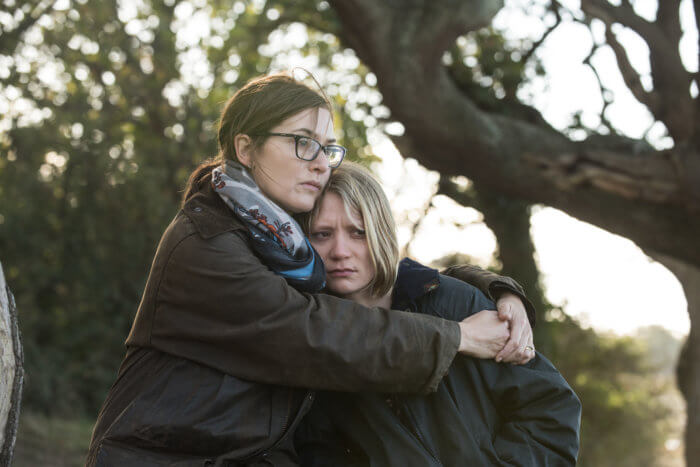
Why does that balance of comedy and drama work so well?
I think that’s what life is like. People even in the most ghastly, challenging and awful moments in their lives, laugh. I think that’s an important part of being alive and being human. Even on her deathbed, and literally her deathbed, she makes a little joke: “Don’t let me die with my mouth open,” which was sweet and the daughters laugh and cry. Hey, I hope I make a joke when I’m on my deathbed—I might even use that joke actually because people would have forgotten by then.
For the scenes that are very emotional in this, what do you do for the actors to allow them to feel safe enough to get to that space to really let go?
Well, to begin with I always rehearse in a little room before we start filming for a week. That’s a huge benefit, it gives the actors confidence and kind of makes a roadmap to where we hope they’re going to take this emotionally. I don’t expect the actors in the room to become emotional, but I hope it’s an instant where we agree on the temperature we are hoping the scenes will reach. Then, on this occasion, I was able to shoot this film in story order—I’ve never had that opportunity before. You start at the beginning of the story and you shoot it more or less in the order that the events take place in the script. That’s normally impossible because of the availabilities of locations, actors etc. So, this was a really good opportunity to slowly let the actors really enter into the spirit of the story before the every emotional stuff that happens in the last third of the film. Plus, it’s your job as a director to make the actors feel comfortable and supported and able to act well, that’s your job.
There are a lot of familial dynamics explored in the film, is there one that stands out to you?
I think the sister’s is a perennial story that we’ve seen in fiction and in films, and in Shakespeare actually. I think for some reason, the troubled relationship between the older and the younger sister is almost an archetype, and I think they did it with such delicacy. In the beginning, they’re really trying to say the right thing to each other and are trying not to press the pinch points or the terrible buttons that are going to set each other off. But, it becomes impossible, and so their reconciliation at the end of the film is really sweet.
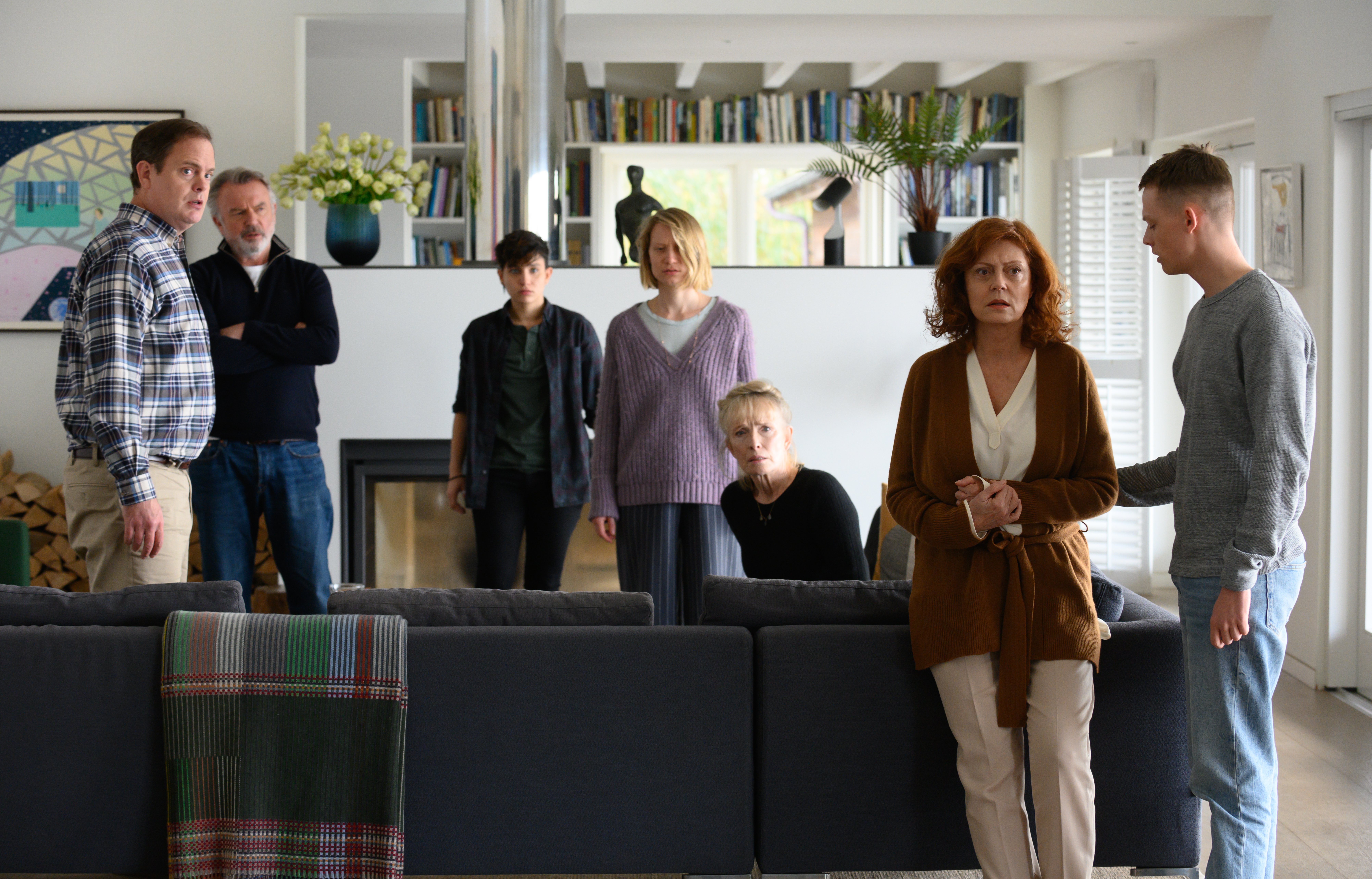
Overall what do you hope people take away from the film after watching?
Oh gosh, well I think that life is good. Life is really good, and spend it carefully. That’s the sort of simple message of the film. The film isn’t trying to argue for the legalization of euthanasia or anything like that. The film starts after the family already had their big debate about whether she should or shouldn’t do what she’s doing—it’s not really about that. It’s about living for now and being alive properly now I think. So, it’s a film about life more than it is about death.
‘Blackbird’ opens in theaters and On Demand Sept. 18th



